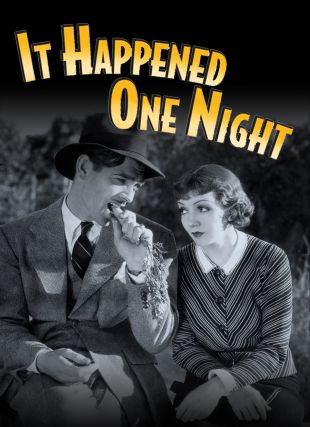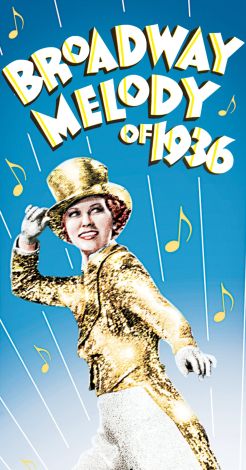Harry Cohn held down various odd jobs in his youth, including pool hustler and streetcar conductor. Always fond of popular music, Cohn teamed with composer Harry Ruby for a vaudeville act. While working as a song promoter, he made "Ragtime Cowboy Joe" a hit. In 1918, when his older brother Jack, was an employee of the Universal Pictures Corporation, Harry wrangled a job as secretary to Universal president Carl Laemmle. In 1920, Harry, his brother Jack and their mutual friend Joe Brandt; left Universal to create their own firm, C.B.C. Productions. Subsisting on a threadbare manifest of one-reel comedies and documentaries, C.B.C. became something of an industry joke, derided as "Corned Beef and Cabbage." But by using the promotional and business acumen he'd picked up at Universal, Cohn was able to successfully promote the C.B.C. product into first-run movie houses. In 1924, the Cohn brothers and Brandt bought a tiny studio on Gower Street in Los Angeles, and an adjoining apartment building; thus was born Columbia Pictures. Harry handled the Hollywood end of the business, while Jack Cohn and Brandt maintained the New York office (Harry and Jack; had grown to despise each other, and throughout the early '30s Harry successfully fought off Jack's attempts to take over the studio). The Columbia films utilized inexpensive new talent and faded former-greats, but Harry was able to secure good bookings. When Harry signed director Frank Capra in 1928, it proved a boon for both men; given a free creative hand, the formerly unsuccessful Capra turned out masterpieces, enabling Cohn to gain prestige in the industry. When Capra's It Happened One Night (1934) earned a rack of Oscars, Columbia Pictures lost its "poverty row" onus for good.
As his stature grew, Harry Cohn achieved a negative fame as the most vituperative mogul in Hollywood. "I don't get ulcers, I give 'em!" he boasted; his enemies concurred, bestowing upon Cohn such soubriquets as "His Crudeness" and "White Fang." Much of Cohn's gruffness was calculated to see if his coworkers had the stamina to survive in a tough business; his theory was that if someone truly believed in a project, that person would fight tooth and nail to bring that project to fruition. Certain sensitive souls couldn't withstand Cohn's tactics; among the most notable casualties of his treatment was animator Walt Disney. On the other hand, many of those who stood up to Cohn and were willing to trade blow for blow were steadfastly loyal to Harry, and he to them; Cohn retained the services of short-subject producer Jules White long after all the other major studios had eliminated their shorts department. "I kiss the feet of talent!" cried Harry, and he meant it. In order to secure the services of top director George Stevens, Cohn agreed never to have any contact of any kind with Stevens on-set or off. And, at a time when most women in Hollywood were consigned to secretarial or starlet positions, Cohn recognized the abilities of screenwriter Virginia Van Upp to such an extent that he appointed her an executive producer at Columbia. Cohn's studio was the only major to reap profits during the Depression, and by the '50s Columbia was the most profitable operation in Hollywood. Among the studio's hits during the Cohn years were The Awful Truth (1937), Here Comes Mr. Jordan (1941), The Jolson Story (1946), The Caine Mutiny (1954), and the Oscar-winners You Can't Take it with You (1938), All the King's Men (1949), From Here to Eternity (1953) and On the Waterfront (1954). Cohn made major stars out of such personalities as Rita Hayworth, Glenn Ford, Jack Lemmon and Kim Novak. After an early bout of indecision, he entered wholeheartedly into TV production, setting up the lucrative Screen Gems division. Though his enemies were legion, Harry Cohn, with his rare ability and understanding of Hollywood and the hit-making process, was truly one of the industry's greats and for that he was greatly respected. When he died, his was one of the best-attended funerals in Hollywood.


